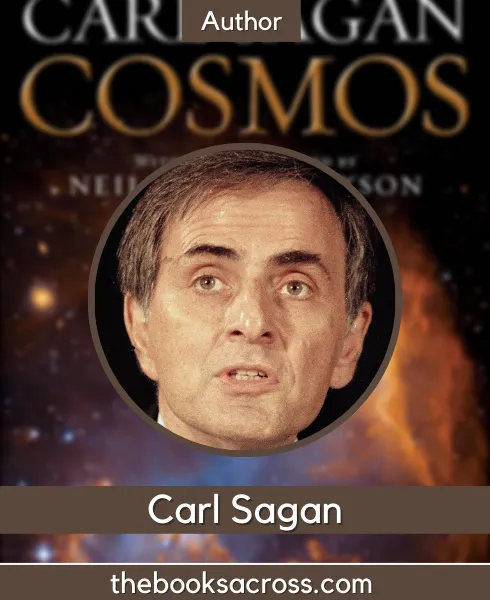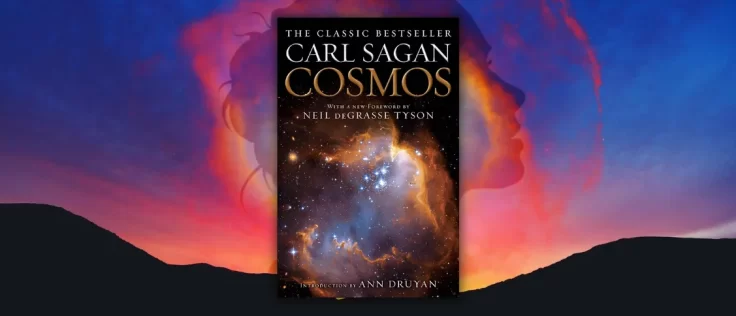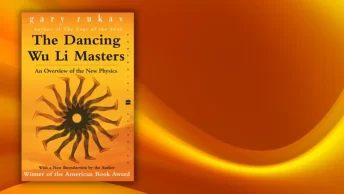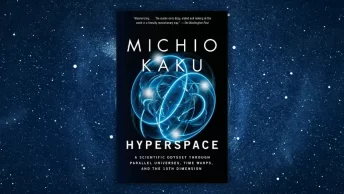Cosmos PDF is a popular science book written by the renowned astronomer, Carl Sagan. It was first published by Random House in 1980 and has since become a classic of popular science literature. The book was also accompanied by a thirteen-episode television series of the same name, hosted by Sagan himself.
One of the key themes of the book is the idea that science and rational thinking are essential for understanding our world and our place in the universe. Sagan also emphasizes the importance of curiosity, skepticism, and open-mindedness in scientific inquiry.
Cosmos has received widespread critical acclaim since its publication. It has been praised for its engaging writing style, beautiful illustrations, and its ability to make complex scientific concepts accessible to a general audience. The book has won numerous awards, including the Hugo Award for Best Non-Fiction Book in 1981. The book is available in various formats, including hardcover, paperback, and e-book.
Table of Contents
Cosmos Summary
The book starts by exploring the origins of the universe, from the Big Bang to the formation of galaxies and stars. Sagan then discusses the development of human understanding of the universe, from the early astronomical observations of ancient civilizations to the revolutionary discoveries of scientists like Copernicus, Galileo, and Newton.
The book also covers the search for extraterrestrial life, examining the conditions necessary for life to exist and the efforts to find evidence of life beyond Earth. Sagan also discusses the potential for interstellar travel and the challenges and possibilities of exploring the cosmos.
Throughout the book, Sagan emphasizes the importance of science and rational thinking in understanding our world and our place in the universe. He encourages readers to approach scientific inquiry with curiosity, skepticism, and open-mindedness, and to value the pursuit of knowledge and understanding.
Details of Cosmos Book
| Book | Cosmos |
| Author | Carl Sagan |
| Original language | English |
| Originally published | 1980 |
| Category | Popular science |
| Publisher | Random House |
| Total Pages | 365 |
| Format | PDF, ePub |
Multiple Languages Editions Available on Amazon
“Cosmos” by Carl Sagan has been translated into over 30 languages, including Spanish, French, German, Chinese, and Japanese. The book is widely available in these languages in various formats, including paperback, hardcover, and e-book.
| Book Editions | Check Now |
|---|---|
| English | Check Price |
| French | Check Price |
| Spanish | Check Price |
| Portuguese | Check Price |
| Chinese | Check Price |
| Japanese | Check Price |
About Carl Sagan
Carl Sagan was an American astronomer, astrophysicist, and science communicator who was born on November 9, 1934, in Brooklyn, New York. He is best known for his work in popularizing science and making complex scientific concepts accessible to a wider audience through books, lectures, and television programs.

Sagan earned his bachelor’s degree in physics from the University of Chicago in 1955 and went on to earn a master’s degree and a Ph.D. in astronomy and astrophysics from the same institution. He then went on to work at several prestigious institutions, including Harvard University, the Smithsonian Astrophysical Observatory, and Cornell University.
Throughout his career, Sagan was a passionate advocate for the importance of science and scientific inquiry. He was a strong supporter of space exploration and played a key role in several NASA missions, including the Voyager missions to explore the outer solar system.
Sagan was also a prolific author, writing numerous books on topics ranging from astronomy and astrophysics to the search for extraterrestrial life and the role of science in society. “Cosmos” remains one of his most popular and influential works.
Cosmos PDF Free Download
Click on the download button below to get a pdf file of Cosmos book.
You May Also Like
- The Elegant Universe by Brian Greene
- The Structure of Scientific Revolutions by Thomas Kuhn
- The Fabric of the Cosmos by Brian Greene
- A Brief History of Time by Stephen Hawking
- The Hidden Reality by Brian Greene
- The Universe in a Nutshell by Stephen Hawking
- The Selfish Gene by Richard Dawkins
- The Demon-Haunted World by Carl Sagan
Critical Reception
“Cosmos” by Carl Sagan has been widely praised for its engaging and accessible writing style, its ability to make complex scientific concepts understandable to a lay audience, and its compelling and poetic exploration of the universe and our place within it.
The book has been credited with inspiring a generation of readers to take an interest in science, astronomy, and the search for extraterrestrial life. It has been described as a “landmark work” and a “masterpiece” of science writing, and is widely regarded as one of the greatest popular science books ever written.
The book has received numerous accolades, including the Hugo Award for Best Non-Fiction Book in 1981, and has been adapted into a highly successful television series, as well as inspiring a sequel and numerous spin-off books.
However, some critics have noted that the book is somewhat dated, as it was first published in 1980 and some of the scientific knowledge and discoveries it presents have since been superseded. Additionally, some have criticized Sagan’s writing style as being overly poetic and bordering on the mystical at times, though this is generally seen as a minor quibble in the face of the book’s overall impact and influence.







